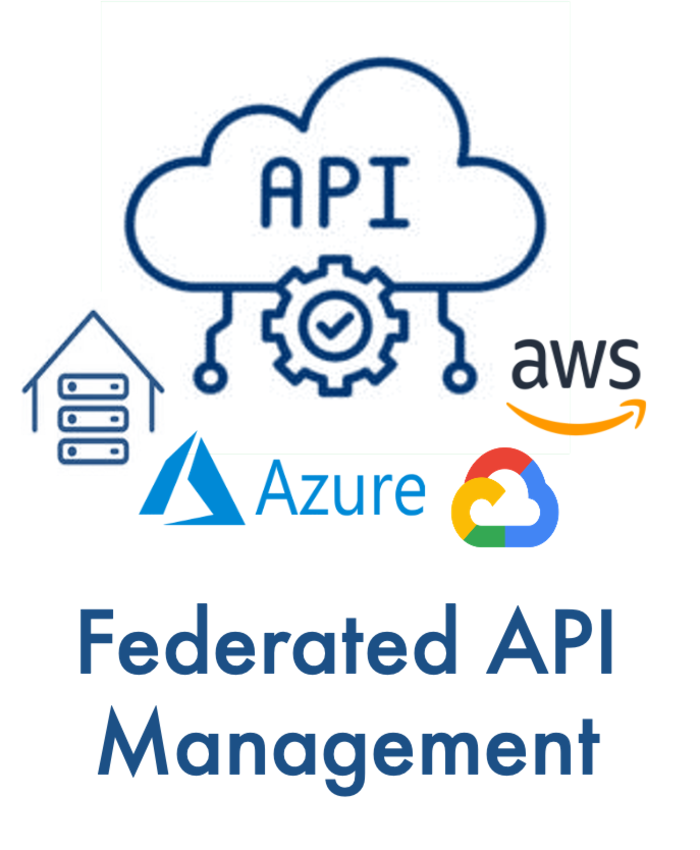
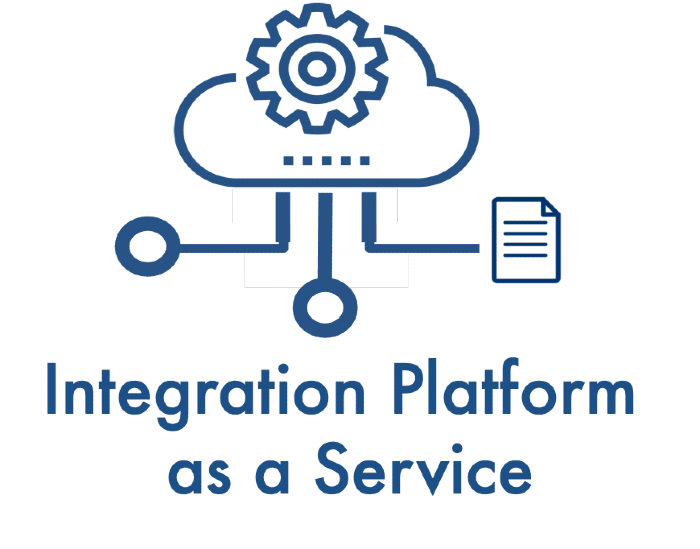
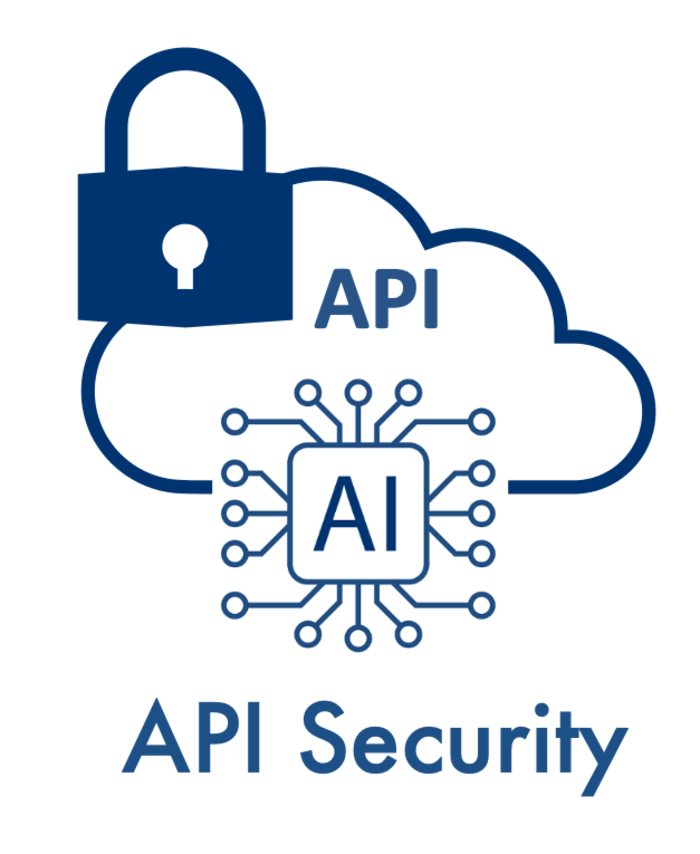
Federated API Management (Federated APIM) is an approach to managing APIs across multiple environments, platforms, and organizational boundaries. It provides a unified framework for the discovery, governance, monitoring, and control of APIs that may reside in different systems, teams, or cloud infrastructures, while ensuring consistency and security across the entire API landscape.
Key characterics of Federated APIM
Decentralized Control, Centralized Governance: Federated API Management enables various teams or departments within an organization to manage their own APIs independently, but under a unified governance structure. This approach allows different business units to operate their APIs in a decentralized way while still adhering to central security, compliance, and policy standards.
Cross-Platform Integration: It allows organizations to manage APIs across various platforms, whether on-premises, in the cloud, or across hybrid environments. By integrating APIs from different sources, it provides a comprehensive view of the entire API ecosystem, enabling seamless communication and interaction between disparate systems.
API Discovery and Cataloging: Federated APIM solutions facilitate the discovery and cataloging of APIs across multiple teams or platforms. This centralized API catalog ensures all APIs are visible to the relevant stakeholders, helping to avoid the “shadow API” phenomenon and ensuring all APIs are properly documented, governed, and monitored.
Consistent Security and Governance: By enforcing consistent policies and security measures across all APIs, Federated APIM helps mitigate risks such as unauthorized access, data breaches, and inconsistencies in compliance. This ensures that all APIs follow the organization’s security standards, regardless of where or how they are managed.
Enhanced Collaboration Across Teams: Federated API Management fosters collaboration between teams and departments by providing tools that allow different units to manage their APIs according to their needs, while still adhering to common organizational standards. This flexibility helps to accelerate innovation while maintaining control.
Centralized Monitoring and Analytics: Federated APIM provides centralized monitoring and analytics for all APIs, regardless of their individual environments. This enables real-time insights into API performance, usage patterns, and security threats, allowing organizations to take proactive measures to ensure their APIs are functioning optimally.
A hybrid integration platform (HIP) is a type of integration solution that enables organizations to connect their on-premises systems, cloud-based systems, and third-party services in a unified and seamless way. HIPs provide a variety of integration capabilities such as data integration, application integration, and process integration.
The main features of a HIP typically include:
Connectivity
The ability to connect various systems, applications, and data sources both on-premises and in the cloud, using a variety of protocols and data formats.
Integration
The ability to perform various integration tasks such as data mapping, data transformation, and data routing.
Management
An easy-to-use web-based interface for managing and monitoring the integration process, including tracking and troubleshooting integration issues.
Security
Built-in security features such as authentication, authorization, and encryption to protect sensitive data and ensure compliance.
Scalability
The ability to handle large amounts of data and support a high volume of integration requests.
A hybrid integration platform allows organizations to easily connect and integrate their existing systems and data, regardless of where they are located, and enables them to take advantage of new technologies and services in the cloud, while maintaining control and security of their on-premises systems.
API security is the practice of protecting the Application Programming Interfaces (APIs) that allow communication between different systems, applications, and services. As APIs become central to modern digital ecosystems, securing them is essential to protect sensitive data and maintain business operations. API security involves preventing unauthorized access, ensuring data integrity, and defending against various types of attacks, such as injection, denial of service, and data breaches, which can leave organizations vulnerable.
An effective API security solution is designed to protect organizations from the increasing threats posed by API vulnerabilities. By continuously monitoring and analyzing API traffic, this solution provides real-time detection and prevention of potential security risks, ensuring that sensitive data remains secure. With a comprehensive security approach, organizations can scale their operations with confidence, knowing their APIs are protected from advanced cyber threats, are compliant, and safeguard their reputation.
Comprehensive API Discovery
The solution monitors API traffic and builds a complete inventory of an organization’s APIs, helping to identify potential vulnerabilities that traditional security tools might miss. This ensures full visibility and protection across all APIs.
Posture Management
It offers insights into the security posture of APIs, helping organizations develop custom security policies. This feature simplifies compliance efforts by ensuring that API security standards are met and consistently applied across all systems.
Runtime Threat Protection
Real-time traffic analysis detects any anomalies, preventing attacks before they can impact APIs. By constantly adapting to new threats, this feature ensures that APIs are protected from evolving risks and sophisticated cyberattacks.
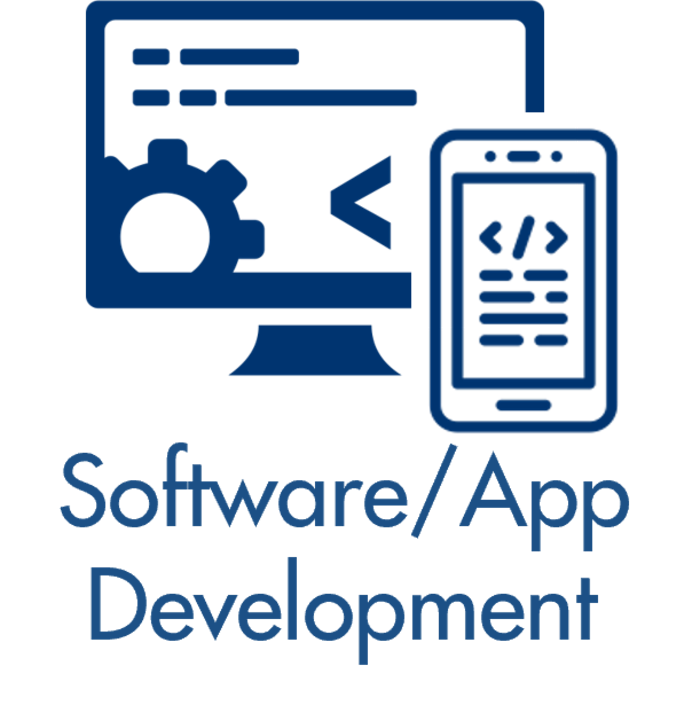
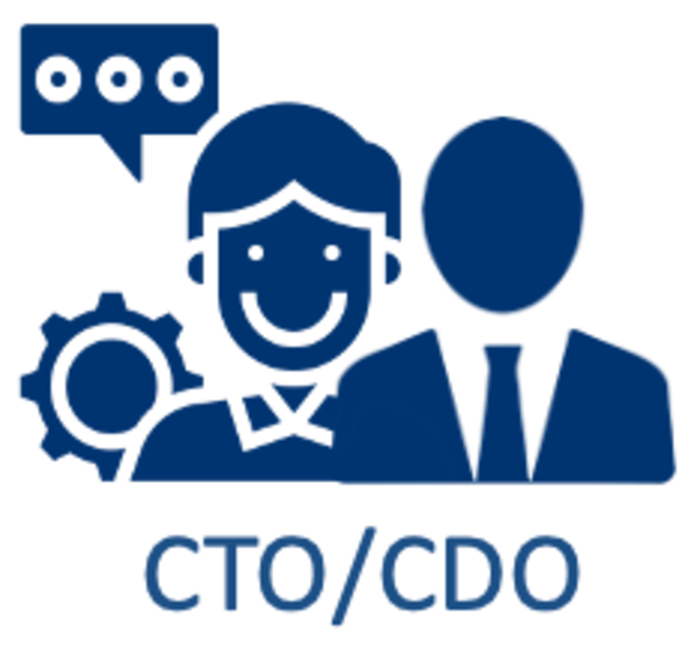

Tingbi Africa is a software development partner that prioritizes the experience of all stakeholders, including business leaders, managers, clients, architects, developers, designers, and most importantly, the end user.
We collaborate with our clients to create sustainable software solutions and achieve their most important goals. Our passion for software drives us to deliver exceptional user experiences.
We have found that teams without a diverse range of skill sets, including CTO, management, architect, QA/testing, UI/UX, and developers, often lead to problematic software. That’s why we use full-spectrum development team, including QA/testing and UI/UX resources, to ensure proper solutions.
Being a full-service partner, we can guarantee the best possible user experience while optimizing IT infrastructure performance and costs. Our DevOps philosophy integrates software development with the provisioning and operations of IT infrastructure and support, ensuring a seamless and efficient process.
Design Engagement
● Prototyping, the happy flow of the user journey.
● Non-functional wireframe which describes the functionality from begin to end.
● Prototype worked out in your house style. If you don’t have a house style we will create one.
● Scope overview
● Technical design, including tech stack decisions
● Fixed price proposal to build the MVP based on the prototype.
MVP
● Up and running application for your end users.
● Three replicas of your environment; Development, Staging and Production.
● Fully automated CI/CD development pipeline per environment.
● DevOps to manage project and scope.
● Backlog based on features pushed out in MVP.
● Experience with an outsourced Development Team.
● Everything we build is yours, We will develop and deploy under your accounts and subscriptions.
Step into the future of your business with our team of Fulltime and Parttime Chief Technology Officers (CTOs), Chief Digital Officers (CDOs) and Chief Information Security Officer (CISOs) .
As strategic advisors, we specialize in shaping the technological direction and strategy of your company, providing insights on Digital Transformation and Digital Strategies that transcend conventional boundaries.
Our experts can lead product development with a keen focus on security, data privacy, and cybersecurity. Compliance isn’t a hurdle—it’s seamlessly woven into our approach.
We’re not just advisors; we’re architects of innovation, helping companies leverage digital technologies to stay competitive and lead the charge in today’s dynamic business landscape.
It’s not just about technology; it’s about your digital customers. We craft experiences that captivate and resonate, understanding the pivotal role of customer-centricity in the digital age.
Ready to navigate the digital landscape with confidence? Our team is here to guide you, shaping the future together, one innovation at a time.
Tingbi provides the following professional services for Federated API Management and Hybrid Integration:
Strategy and Consulting
This service helps organizations understand the business value of FAPIs/HIP, and create a plan for using FAPIs/HIP to achieve their business goals. This can include identifying potential use cases, designing an architecture.
Design and Development
This service helps organizations create and develop their APIs/Integrations, including defining the data models, creating the API endpoints and integrations, and implementing security and performance features.
Platform Implementation
This service helps organizations implement an API management platform or an Integration Platform as a Service (IPaaS), including configuring the platform and integrating the platform with existing systems and data sources.
Security and Compliance
This service helps organizations ensure that their APIs/Integrations comply with industry regulations and standards, and that they are protected from potential security threats.
Monitoring and Analytics
This service helps organizations understand how their APIs/Integrations are being used, identify performance issues, and track key metrics such as usage, response times, and error rates.
Support on FAPIM/EIPaaS
We provide Second line support on our APIM/EIPaaS Solutions/Rollouts. This Service is a more specialized form of support which deals with more complex issues with APIM/EIPaaS that cannot be resolved by first line support. This type of support is typically provided by our experienced technicians who have a deep understanding of our solutions. The service contains detailed troubleshooting, diagnostic testing, and problem resolution. We provide guidance and training to first line support staff.
